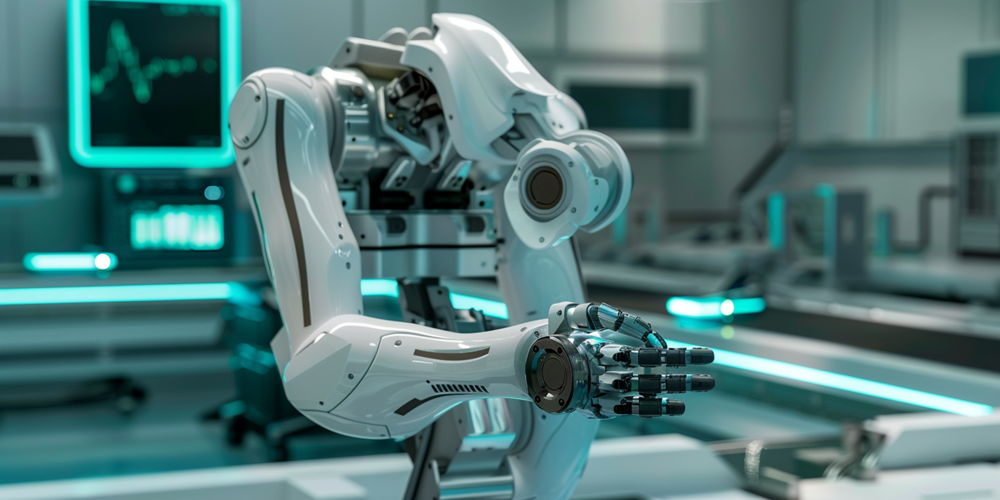In a groundbreaking advancement for the world of industrial automation, Universal Robots (UR) has taken an innovative leap by integrating its collaborative robots, or ‘cobots’, with Siemens’ robust Standard Robot Command Interface (SRCI). This marks the first instance where a cobot manufacturer has aligned its offerings with the Siemens S7 Programmable Logic Controller (PLC), thereby facilitating an unprecedented level of seamless communication between the two platforms. This pivotal integration stands as a testament to the evolution of manufacturing technology, greatly simplifying the complex process of setting up and deploying cobot systems within the dynamic landscape of factory settings.
The SRCI introduces a uniform interface that eliminates the intricate diversities in programming paradigms typically associated with distinct robot manufacturers. By establishing a standardized platform, the requirements for robot-specific programming libraries are rendered obsolete, allowing robots to be programmed using universally recognized PLC logic. This particular model of standardization effectively caters to industries that already utilize Siemens PLC systems, enabling a swift adaptation process and boosting overall operational efficiency. Furthermore, the SRCI capitalizes on the versatility of the PROFINET protocol by adding a layer that authorizes direct programming of cobots via PLCs.
Promoting Efficiency and Uniformity in Robotics
The Standard Robot Command Interface (SRCI) has been developed to abolish the need for brand-specific robot libraries, thus standardizing programming efforts and mitigating errors. The first iteration comes equipped with 20 essential functions for basic robot operations, with an upgrade featuring 29 functions on the horizon. Engineered to align with Siemens’ Totally Integrated Automation (TIA) Portal, the SRCI enables a seamless automation workflow from start to finish.
This collaboration between Universal Robots and Siemens is pivotal in making robotic automation more accessible, even to those with limited robotics knowledge. By adopting the SRCI, companies are poised to save on engineering costs and benefit from a standardized engineering environment that ensures consistent robot operations across different brands. This synergy is part of a wider movement that converges robotic automation with conventional PLC systems, driving efficiency in the industrial realm.

